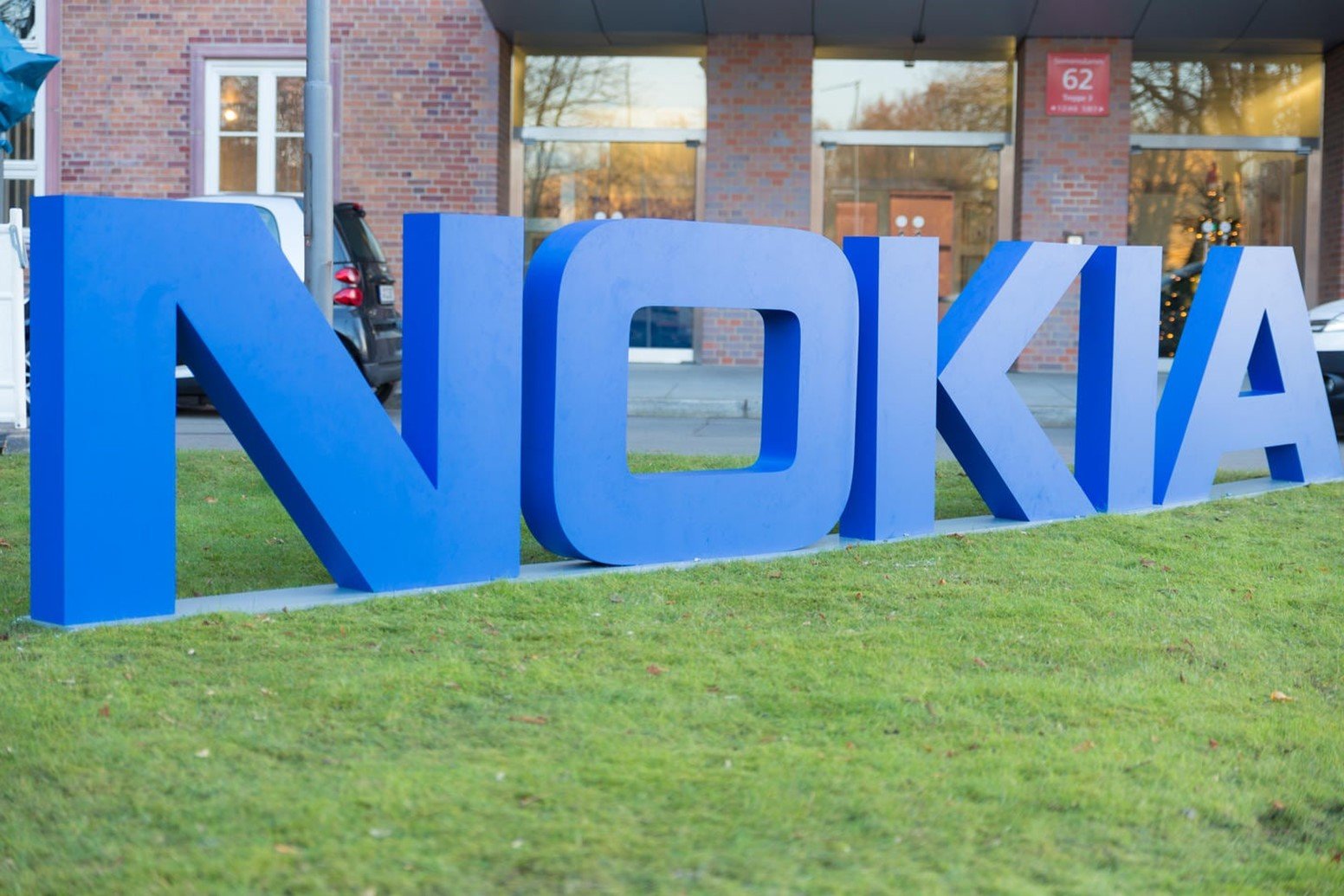Nearly 30% of mobile subscriptions in South Korea were on 5G networks at the end of last year, Korean news agency Yonhap reported, citing data from the Ministry of Science and ICT.
The total number of 5G subscribers amounted to 20.92 million as of the end of December last year, accounting for 28.7% of the country’s total 72.86 million mobile subscriptions, according to the ministry.
South Korea was the first country to launch commercial 5G networks in April 2019 and currently has 5G coverage across its 85 cities.
The 5G users figure at the end of December represents an increase from 20.19 million 5G subscriptions in November as new smartphone launches, including Apple’s new iPhone 13 series, boosted user growth. The release of Samsung Electronics’ new foldable phones – the Galaxy Z Fold3 and Galaxy Z Flip3 – in late August also helped boost user growth.
SK Telecom, the country’s largest mobile operator by subscriptions, ended December with 9.87 million 5G subscribers, followed by KT Corp. with 6.37 million and LG Uplus with 4.61 million, according to the report.
Meanwhile, the number of 4G subscribers in South Korea decline to 48.29 million in November, accounting for 66% of total mobile subscriptions.
South Korean telecom operators currently provide 5G services via NonStandalone 5G networks, which depend on previous 4G LTE networks.
Last month, South Korea’s ICT ministry confirmed it would launch an auction in February to award additional 5G network spectrum for the country’s major mobile carriers. The Korean government had agreed to open bidding for additional 5G frequencies in the 3.4- to 3.42 GHz spectrum as requested by local carrier LG Uplus.
The ministry also confirmed that the price of the 20 megahertz to be awarded at auction will be set at 135.5 billion won (113.5 million).
In June 2018, the ICT ministry completed an auction for 5G frequencies in which local carriers SK Telecom, KT and LG Uplus secured spectrum to launch 5G services in the Asian nation.
SK Telecom and KT each won 100 megahertz in the 3.5 GHz band while LG Uplus had obtained a bloc of 80 megahertz of spectrum.
Under the terms of the auction process, the Korean government will also require the winning carrier to install over 150,000 5G base stations by 2025.
The report noted that SK Telecom and KT have complained about the ICT ministry’s decision to award this additional spectrum as they argue that this will be the first time an auction will be opened upon request by a single mobile carrier.
They also claim that it was LG Uplus’ own decision to bid for only 80 megahertz in 2018.













/https://specials-images.forbesimg.com/imageserve/5f6faa7a23786c4e75ee947a/0x0.jpg)